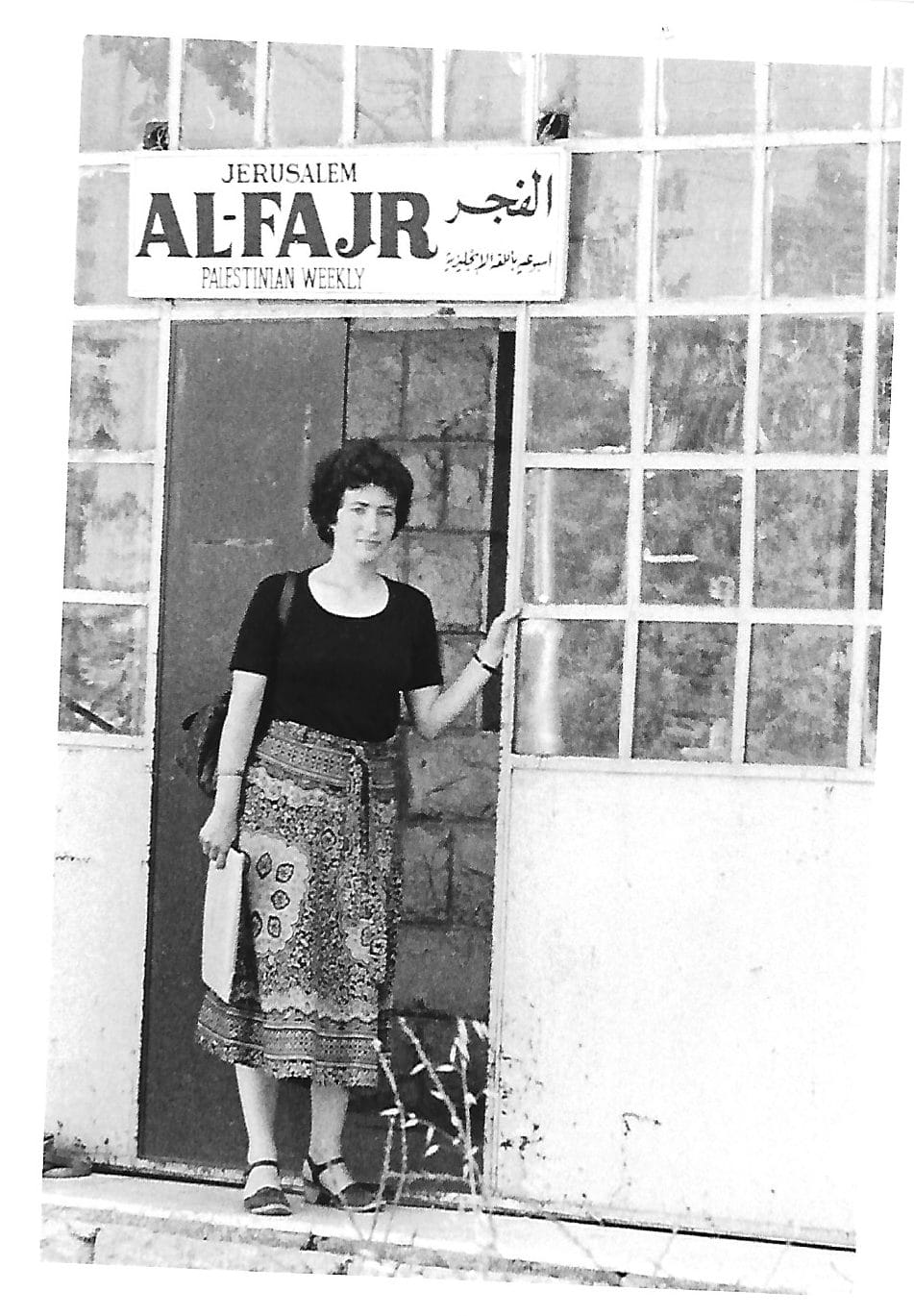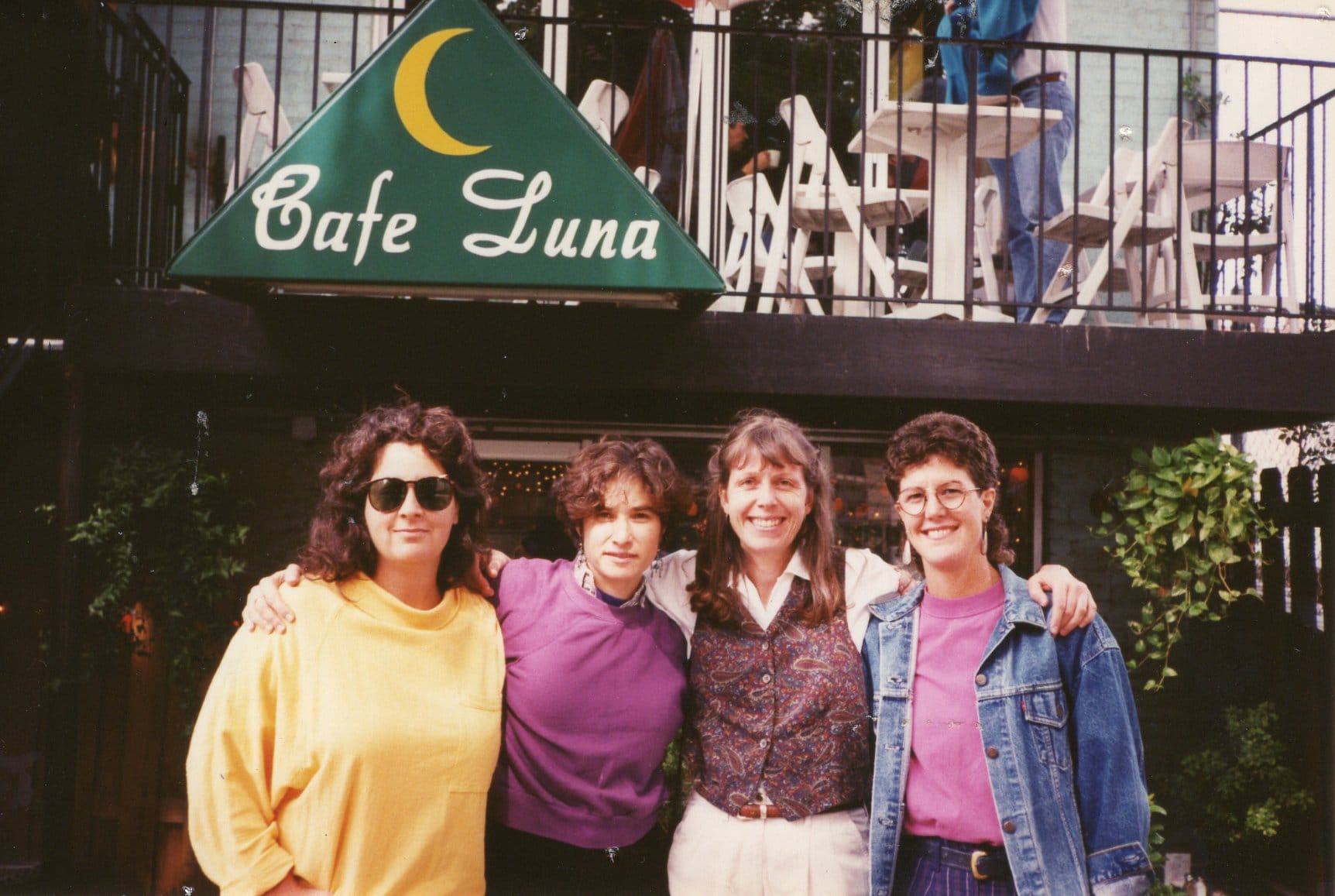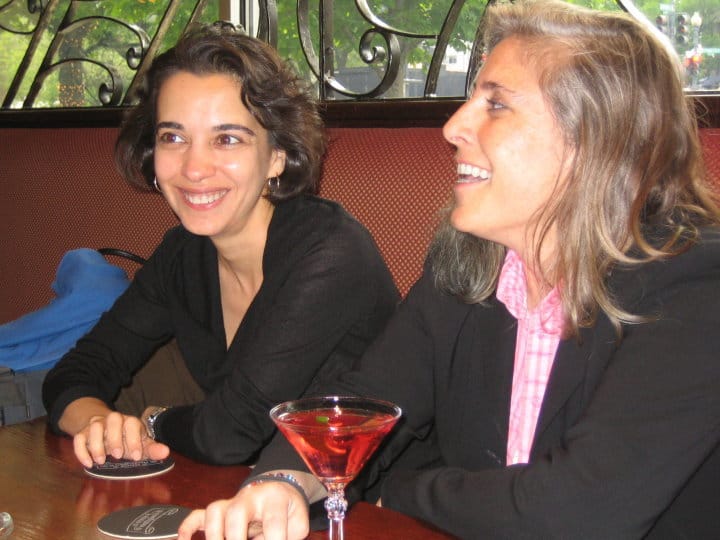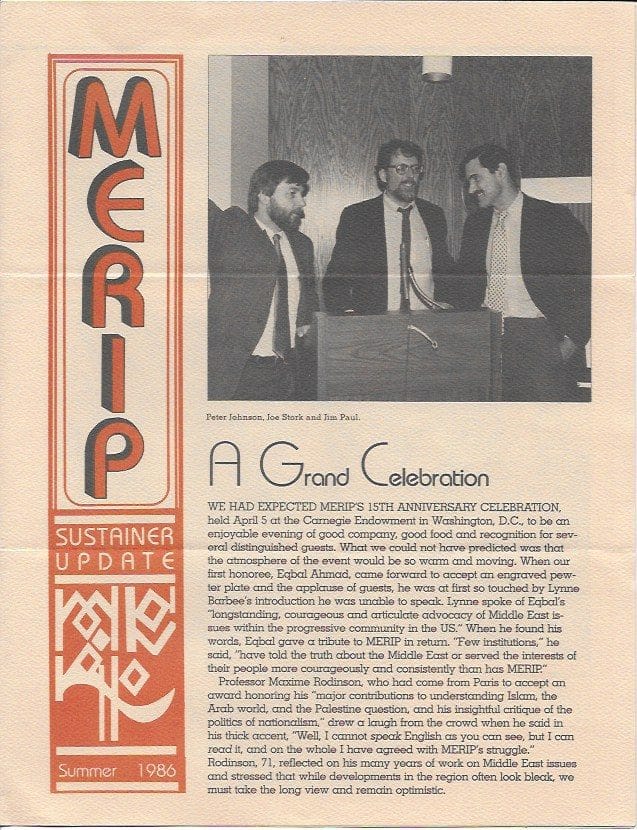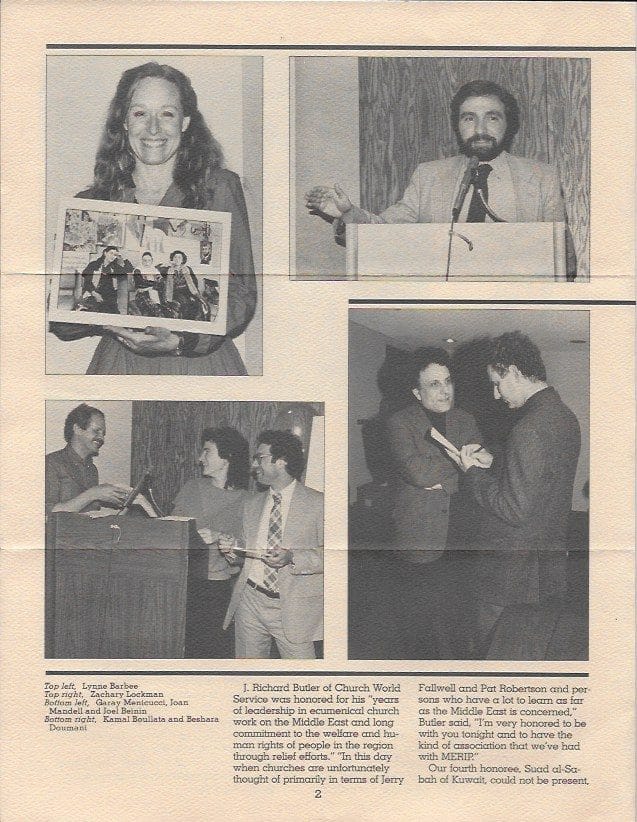Remembering Fifty Years of Community, Challenges and Change
"I was an unformed lefty before my MERIP days,” wrote Lisa Hajjar. “I credit MERIP with teaching and steeping me in real leftist politics.” I hope Lisa won’t be embarrassed if I call her the quintessential “MERIP baby,” a person who, having cut her teeth as an intern in the office, went on to become

